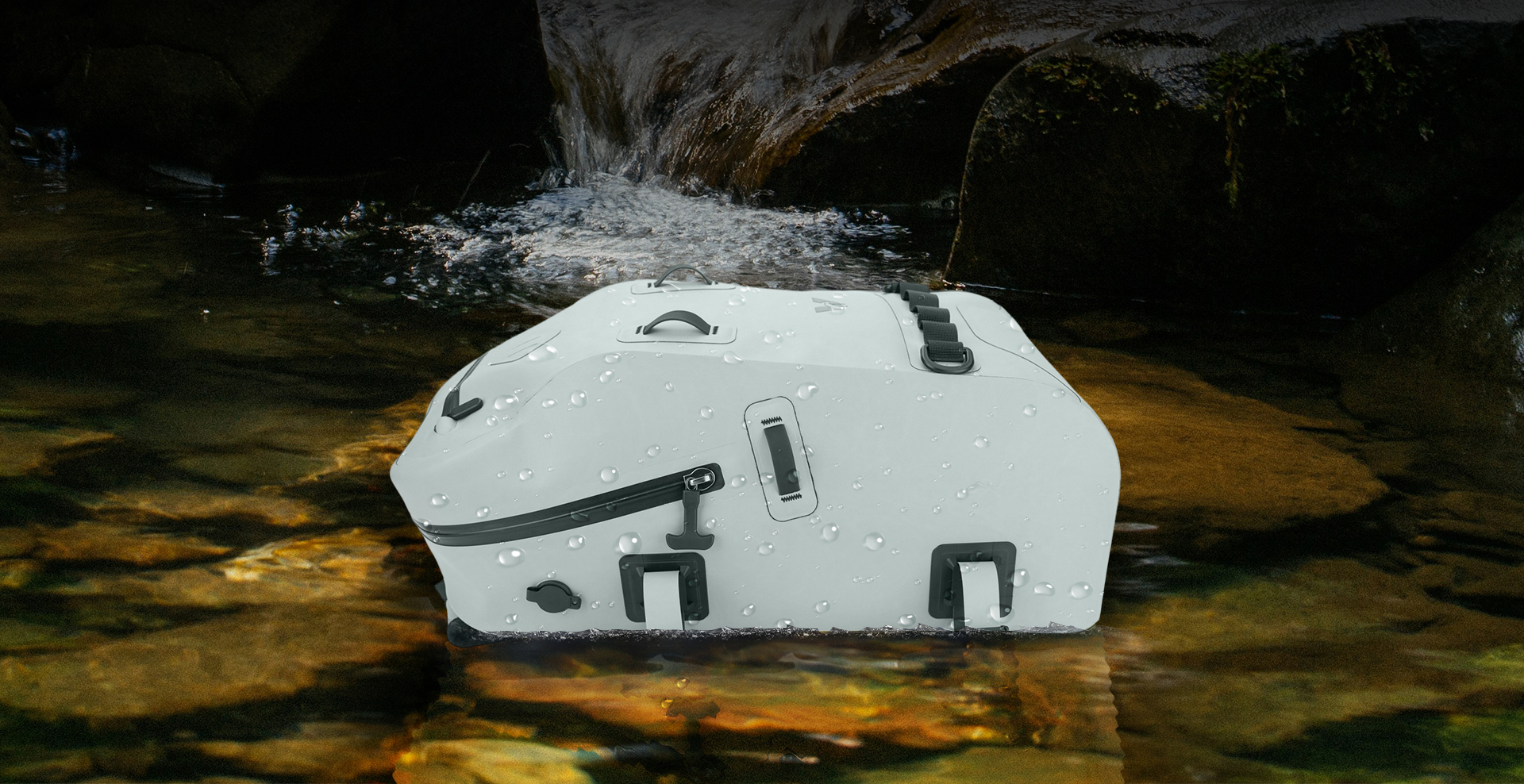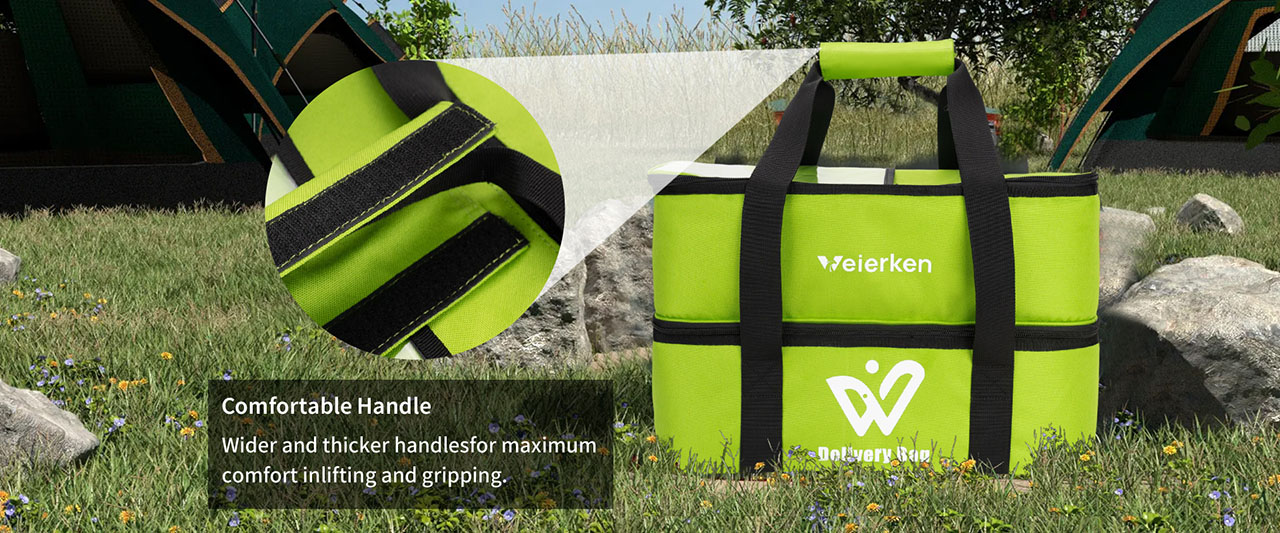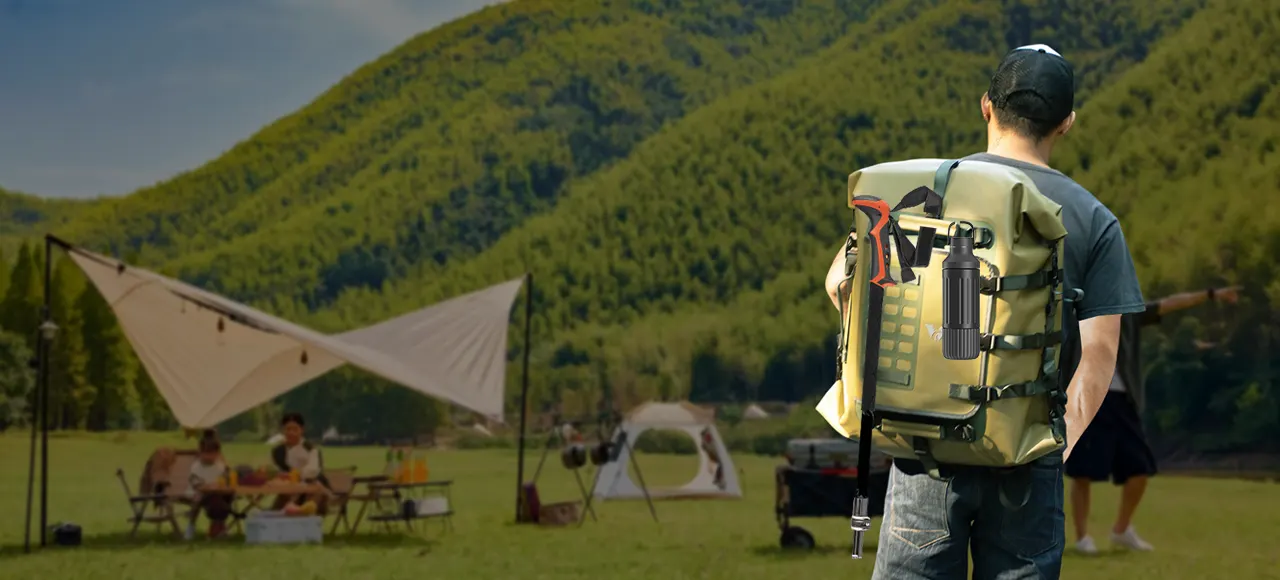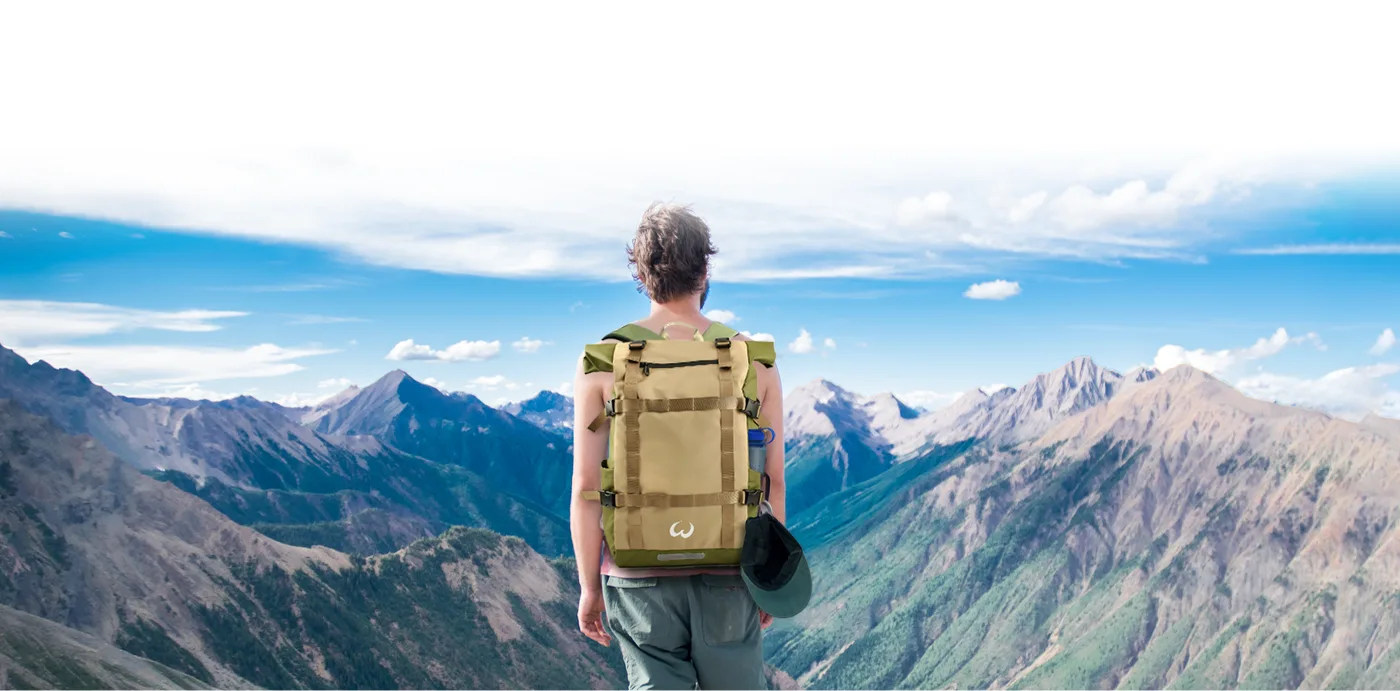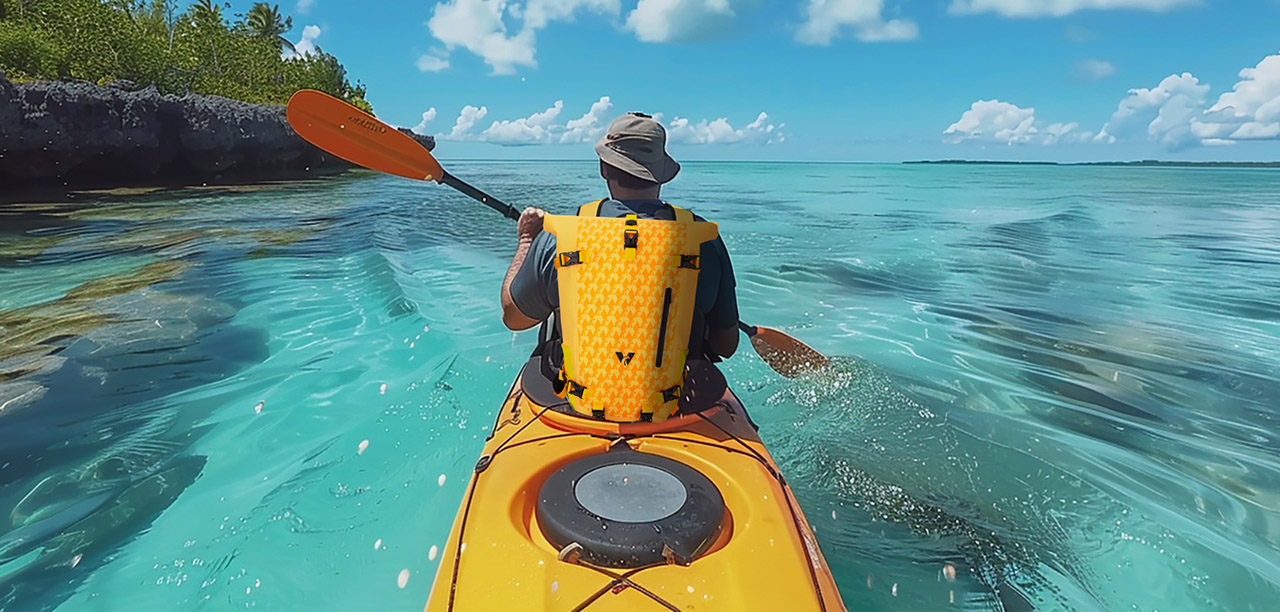In the competitive landscape of corporate sourcing, a riding bag bulk order is not merely a transaction but a strategic partnership that impacts supply chain efficiency, brand differentiation, and cost control. For procurement managers and brand customizers, the focus shifts from lifestyle appeals to tangible business outcomes—reducing lead times, ensuring compliance, and leveraging OEM/ODM flexibility. At weierken, we understand that B2B clients prioritize scalable solutions, and this article delves into the core elements that transform a standard bulk purchase into a value-driven investment. By addressing industry-specific pain points, such as volatile demand cycles and regulatory hurdles, we outline how a well-executed riding bag bulk order can elevate your product lineup while mitigating risks.
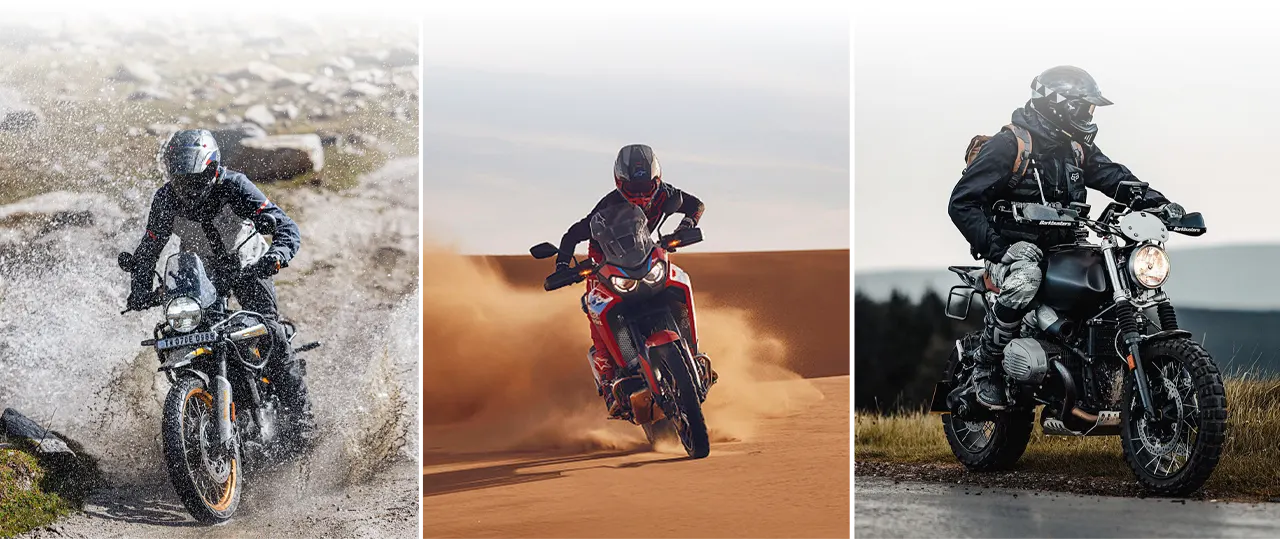
The B2B Perspective: Why Riding Bag Bulk Orders Demand a Strategic Approach
For corporate buyers, a riding bag bulk order intersects with multiple operational facets, from inventory management to brand consistency. Common scenarios include retail chains stocking seasonal promotions, outdoor brands expanding product lines, or corporate gifting programs requiring customized designs. Pain points often emerge as unpredictable lead times during peak seasons (e.g., holiday rushes), quality inconsistencies due to inadequate factory audits, or non-compliance with regional sustainability mandates. For instance, a procurement team might face delays if a supplier lacks capacity for bulk order surges, leading to missed sales windows. By prioritizing B2B-centric metrics—like minimum order quantities (MOQs), scalability, and post-sale support—weierken aligns its processes to address these challenges, ensuring that each riding bag bulk order serves as a catalyst for business growth rather than a logistical burden.

Critical Procurement Factors for Riding Bag Bulk Orders
When evaluating suppliers for a riding bag bulk order, B2B decision-makers must scrutinize four universal pillars: R&D, environmental compliance, lead times, and certifications. These elements directly influence cost-efficiency, market adaptability, and long-term partnerships.
Research and Development: From Concept to Market-Ready Products
A supplier’s R&D capability determines how seamlessly a riding bag bulk order aligns with market trends and client specifications. At weierken, this involves:
- Market Research & Design Support: Analyzing consumer behavior data to recommend materials (e.g., waterproof nylon for durability) and features (e.g., ergonomic straps for comfort). For example, a brand targeting eco-conscious retailers might benefit from designs incorporating recycled fabrics, backed by weierken’s trend forecasts.
- Prototyping and Iteration: Rapid sampling with 3D modeling and physical mock-ups allows clients to test functionality—such as compartment layouts or buckle mechanics—before mass production. Iterations typically span 2–3 cycles, ensuring design flaws are addressed early.
- OEM/ODM Services: OEM clients provide exact designs, while ODM partnerships leverage weierken’s expertise to co-create products. This flexibility is crucial for brands seeking unique differentiators, like integrated tech pockets for electronic devices, without inflating R&D costs.
Environmental Compliance: Meeting Sustainability and Regulatory Standards
With global shifts toward circular economies, environmental compliance is no longer optional. A riding bag bulk order must adhere to:
- Material Innovations: RPET (recycled polyethylene terephthalate) fabrics, which reduce carbon footprint by repurposing plastic waste, are a weierken staple. These materials meet durability benchmarks while appealing to ESG-focused retailers.
- Certifications and Frameworks: REACH (Registration, Evaluation, Authorization, and Restriction of Chemicals) ensures chemical safety, while BSCI (Business Social Compliance Initiative) audits ethical labor practices. GRS (Global Recycled Standard) certification validates recycled content percentages, a key selling point for brands marketing sustainability.
- Industry Trends: Clients increasingly demand traceability in supply chains. weierken’s compliance with these standards mitigates risks of greenwashing and aligns with EU Green Deal initiatives.
Production Capacity and Lead Times: Balancing Speed and Scalability
Timely delivery can make or break a riding bag bulk order, especially during high-demand periods. weierken’s production framework includes:
- Capacity Planning: Annual output exceeding 1 million units, with dedicated lines for bulk orders. This allows for peak-season replenishment within 25–35 days for standard orders and 45–65 days for complex customizations.
- Supply Chain Agility: By maintaining raw material buffers and multi-factory coordination, weierken avoids bottlenecks. For instance, a client needing urgent restock before a sports event can leverage express production slots.
- Transparent Scheduling: Clients receive phased updates—from fabric cutting to assembly—ensuring alignment with launch timelines.
Certifications and Quality Assurance: Building Trust in Bulk Transactions
Certifications validate a supplier’s reliability. weierken adheres to:
- ISO 9001: Guarantees consistent quality management across design and production.
- BSCI: Ensures social accountability, a priority for brands outsourcing to ethical partners.
- FDA-Compliant Materials: For riding bags used in food-delivery or medical contexts, material safety is non-negotiable.
These credentials reassure procurement teams that their riding bag bulk order meets international benchmarks for safety and consistency.
weierken’s Value Proposition in Riding Bag Bulk Orders
weierken distinguishes itself by integrating these procurement factors into a client-centric model. Mid-article, it’s worth noting how weierken’s ODM service reduces time-to-market for startups, while its BSCI compliance appeals to enterprises auditing supplier ethics. By combining R&D agility with robust certifications, weierken turns a riding bag bulk order into a competitive edge.
Partnering for Long-Term Success in Bulk Sourcing
A strategic riding bag bulk order hinges on a supplier’s ability to blend innovation, compliance, and operational transparency. weierken’s expertise in these areas ensures that procurement teams can navigate complex sourcing landscapes with confidence. As you evaluate partners, prioritize those who treat bulk orders as collaborative ventures—not just manufacturing tasks.
Frequently Asked Questions (FAQs)
Q1: What is the typical minimum order quantity (MOQ) for a riding bag bulk order at weierken?
A1: MOQs start at 500 units for standard designs and 1,000 units for customizations, though flexible terms are available for repeat clients or larger volumes.
Q2: How does weierken handle design changes during the prototyping phase?
A2: Clients receive up to three complimentary design iterations, with feedback incorporated within 5–7 business days per cycle to refine elements like stitching patterns or logo placement.
Q3: Are weierken’s riding bags compliant with European sustainability regulations?
A3: Yes, products often feature RPET materials and hold GRS and REACH certifications, aligning with EU directives on recycled content and chemical safety.
Q4: What is the production lead time for a rush riding bag bulk order during peak season?
A4: Express slots can reduce delivery to 25 days for orders under 5,000 units, contingent on material availability and design complexity.
Q5: Does weierken provide OEM services for brands with existing designs?
A5: Absolutely. OEM clients supply technical packs, and weierken ensures precise replication, including material sourcing and quality checks, without compromising on lead times.
